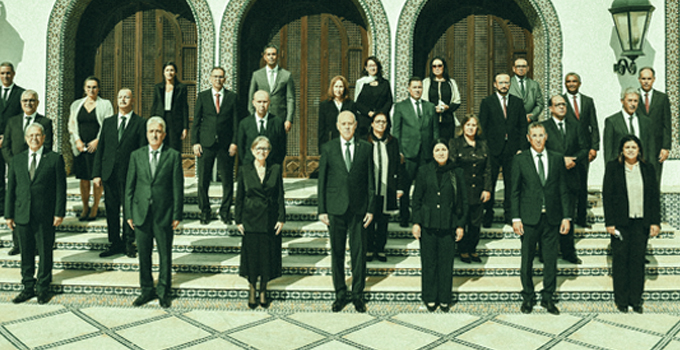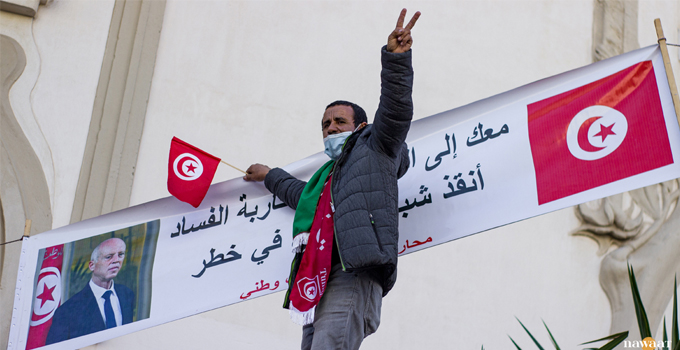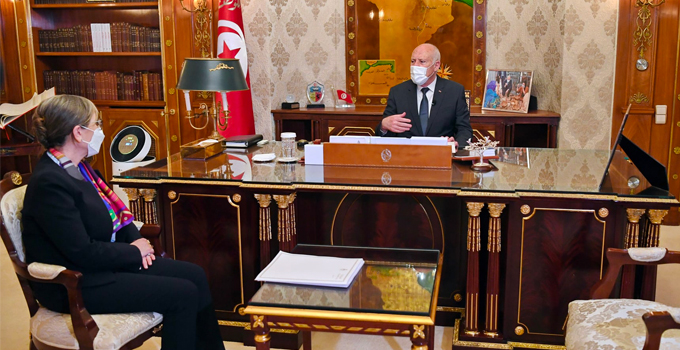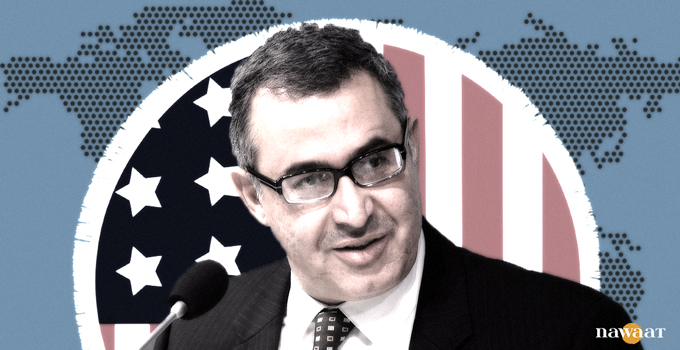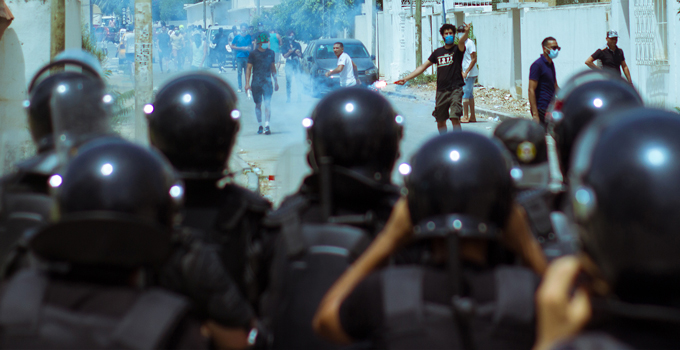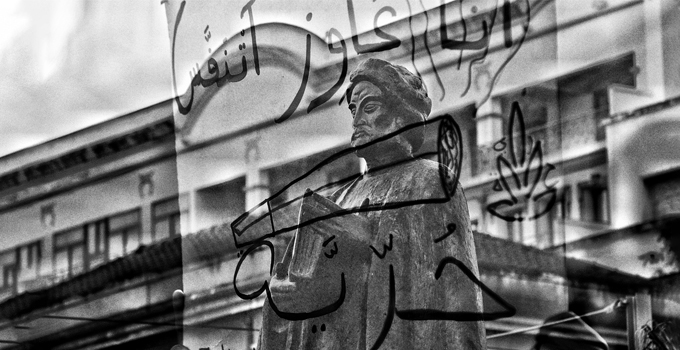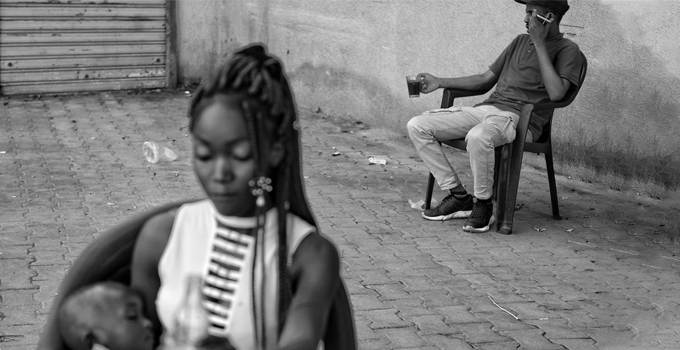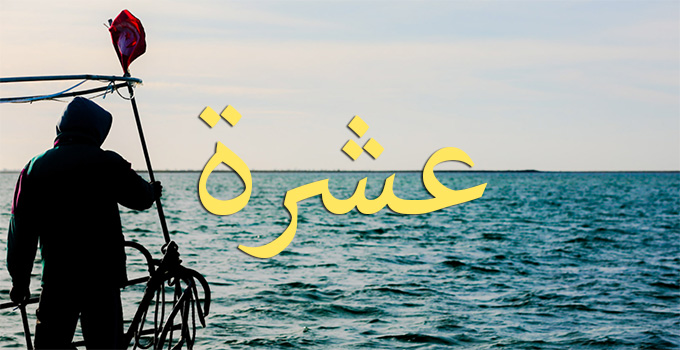When three young people were recently sentenced to 30 years in prison in accordance with Law 52 on narcotics, it sparked controversy. A debate has reignited over the repressive nature of the law and the fate of drug consumers locked up for smoking a joint. Meanwhile, collectives and associations have come out calling for the depenalization and decriminalization of drug consumption. Their demand is not a new one, but it remains hostage to political procrastination. In 2017, the law was amended to be less restrictive, but has its application followed suit? What changes have taken place since 2017?
